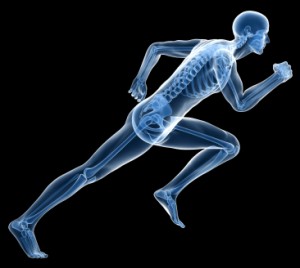Heel Pain
Commonly pain is called runners heel or policeman’s heel or tennis heel and interestingly once erroneously called gonorrhoeal heel in the early 20th century. Heel pain is one of the most common complaints and is often associated with poor mechanics of the foot either over a period of time or an acute traumatic episode.
Research shows 10% of people will experience heel pain at some time.
It could be a simple tight calf muscle(s) forcing the Achilles tendon into an abnormal twisting and lengthening stress – ringing of the Achilles tendon or more complex foot movements affecting the smaller structures in the foot including fascia, muscles, tendons, ligaments and bursa.
Treatments can include injections, insoles, heel pads, strapping , surgery, laser therapy, etc but all are still poorly understood in research terms. However the literature does side on the CONSERVATIVE style treatments if plantar fasciitis is diagnosed (Arthritis Research Council ‘Plantar Fasciitis’)
A better terminology would be’ plantar heel pain syndrome’.
Overall there are certain factors that need attention, assessment and possible treatment
- Footwear is vital in this situation – work and play
- Specific exercise programmes
- Foot function or treating abnormal mechanical dysfunction
- Exercise habits
- Treating underlying pathologies e.g. arthritis conditions
- Inflammatory phases
Often there is a initial phase of acute pain caused by a single incident. Sometimes there is a gradual insidious onset.
Obviously to reduce pain and re-occurrence you must find and treat the cause!

Knees
Foot posture and function can play a large part in injury cause and treatment. As the foot works in a rotational way it can force the knee into rotating inwards and outwards. Just try and see what happens when you force your foot flat or put more weight on the outside of your foot. This rotational force or forces can be natural but in a abnormal functioning foot or symptomatic foot due to deformity, arthritis, acute injuries, poor rehabilitation can be detrimental. The list can be exstensive so please be very careful on the websites searching for information on your symptomatic knee pain. Please speak to the qualified Physiotherapist first.
